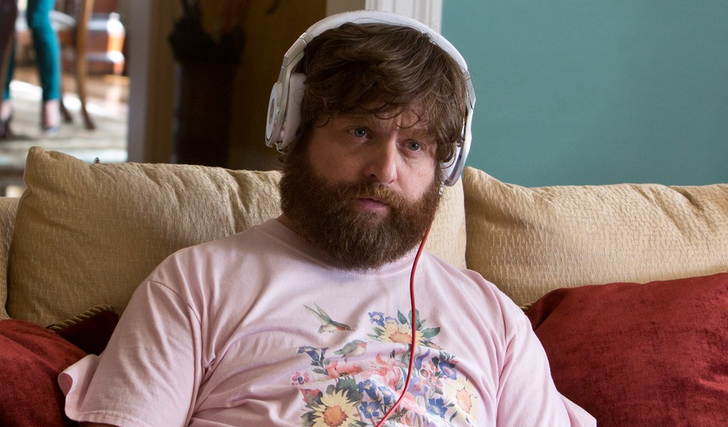I'm a CARLY
7 New Social Groups That Are Conquering the World Right Now, and You Might Be One of Them

The theory of generations has settled not only in modern humanitarian science, but also in our everyday life. Even while standing in a line at the supermarket, one can hear boomers lamenting about the fact that zoomers have become too frivolous. Thanks to the media, we get the feeling that we know everything about our parents’ and our kids’ generations. However, while we were reading about which ways alphas are different from millennials, sociologists managed to spot CARLY, HENRY, NEET, and Twixters among us.
The Bright Side editorial has studied these new social groups and even found themselves in them. After reading the article, please let us know what kind of people from this article prevail in your surroundings.
CARLY
Marketers who are actively studying Gen Z came up with a new term for it — CARLY. This abbreviation stands for, “Can’t afford real life yet” and the group includes young people under 25 who are not earning by themselves yet.
The researchers are sure that CARLY are going to become the largest consuming generation in human history, that’s why marketers need to learn their tastes very well. They like memes, TikTok, and nostalgia, they welcome “ugly fashion” and choose eco-activist, Greta Thunberg, as their role model. CARLY believe that they can change the world and they think about what they are going to leave as their legacy.
NEET
NEET is an acronym for the phrase, “Not in Education, Employment, or Training.” This group includes young people who, due to various reasons, neither work nor study.
It is thought that NEETs appear in poor families, they can’t get a good education, and consequently, can’t get good work or, on the contrary, they can be kids from very wealthy families who lack any motivation to work.
There are also those who become NEET consciously. In an interview with JapanToday, a 25-year-old unemployed Daishi-san declared that he is a Neo-NEET. After he was fired, this young man decided that he would never have a permanent job, but he happily carries out small assignments for money, things, or services. He weeds gardens, was a photo model and a voice actor, cleans in order to pay rent, and even acted as a friend for an hour.
“Boomerang Generation”
That’s what young people who graduated from the college in the 21st century and who lived by themselves, but returned to their parents’ homes, are called in the west. Boomerangs don’t live on their parents’ money, but they fill the family budget together with them. Moreover, these children don’t strive to live with their parents all their lives — they perceive this situation as a temporary thing.
Researchers believe that the appearance of the “Boomerang Generation” is due to economic factors. Living with their parents, young people save a lot on rent and utility bills. In addition, the marriage age has increased, which caused a decrease in the motivation to organize a separate household.
Experts consider “Boomerangs” a unique example of mutual help within a family. The thing is that the cultural gap between parents and kids becomes smaller. They listen to the same music, watch the same movies, and even stick to the same political views, and this closeness makes families stronger.
Twixters
Just like the “Boomerang Generation,” twixters often live with their parents. But if the first ones do it for economic reasons, the second ones are simply refusing to grow up. Twixters can be renting homes and even have work, but they will still be financially dependent on the older generation. Their goal is to minimize stress and have as much free time as possible.
They are often criticized for living off their parents’ while trying to find themselves. But is it really that bad if they have an opportunity to not have to grab the first potential job that comes their way or dive headfirst into a relationship just to quickly become independent? The main thing is to not stay a twixter for a lifetime.
Singletons
There were quite a few single people until the middle of the last century, and those were mostly people who lost their partners. Nowadays there are more and more single people and they even have a name — singletons. As a rule, they are the residents of big cities who have consciously refused to couple up, either temporarily or permanently.
They are selective and don’t want to change their lifestyle and habits. Ideological singletons not only fundamentally don’t want to start a family, but they also don’t want to make friends with someone and maintain family relations, so that there is no need to reckon with the opinion of outsiders.
It’s economically profitable to be a singleton and that’s the reason why their numbers keep growing. A singleton has more time to spend on work and, thus, can make more money. That’s why these people often become picky consumers and willingly indulge themselves when it comes to expensive and high-quality goods.
Digital nomads
Anyone who has an opportunity to work remotely can become a digital nomad. And there are more and more specialists like this. It is expected that by 2035, one in every 3 employees won’t need an office.
The main way of existence for these people is traveling. They post bright pictures of themselves lying on the seashore with their laptop, which makes others envy them. But is the life of these nomads really that perfect?
Some employers believe that remote work itself is the perfect working relationship, that’s why digital nomads often get smaller salaries than office workers. According to a 2017 study, American freelancers earn less than $30,000 a year — a disproportionate amount, compared to full-time office workers. It’s the low incomes of nomads that explain the fact that Thailand and Bali become the most widespread places for them to relocate.
HENRY
They are the complete opposite of CARLY. HENRY is also an abbreviation that stands for “High earner not rich yet” and the group includes Millennials with high incomes. They don’t limit themselves when it comes to quality leisure and personal care, but at the same time, they live from paycheck to paycheck. Unlike really rich people, most of HENRY’s income goes to everyday needs, and they have nothing left to invest.
What other social groups would you outline in modern society? Let’s fantasize a bit!
Comments
Me too
how old are you actually?
I'm 11?
I have a feeling that I belong to Carly and boomerang at the same time ?
I'm a digital nomad :p
oh do you work online?
yep, I'm an illustrator. I'm so happy I live in the era of digital technology and such jobs are available ?
I would also loved to work from home, it's my dream job actually haha
Related Reads
20 Times Kindness Won the Argument Without Saying a Word

12 Moments That Prove Kindness Still Matters in a World That Forgot How
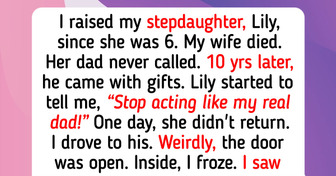
I Refused to Split the Bill of Food I Didn’t Eat—I’m Not a Walking ATM

My Pregnant Roommate Tried to Kick Me Out—She Wasn’t Prepared for My Next Move
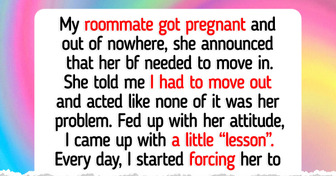
15 Times Romance Had Big Plans, but Real Life Wrote a Funnier Script

14 People Who Walked Straight Into Awkward Moments

15 Stories That Prove the Kindest Hearts Are the Strongest Survivors
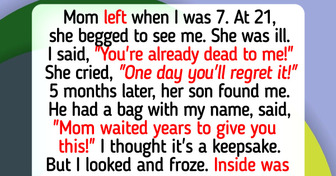
12 Times Kindness Won Over Anger in the Best Way
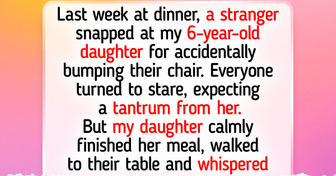
I Refuse to Look Away After What My Stepson Did to My Son — It Destroyed Our Family

I Refuse to Be Forgotten After Raising My Stepson for 14 Years
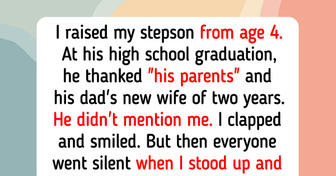
10 Moments That Remind Us Quiet Kindness Is Mightier Than It Seems
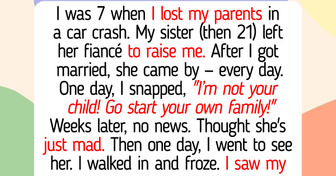
17 Stories That Prove Living in an Apartment Building Is a Sitcom You Never Auditioned For


